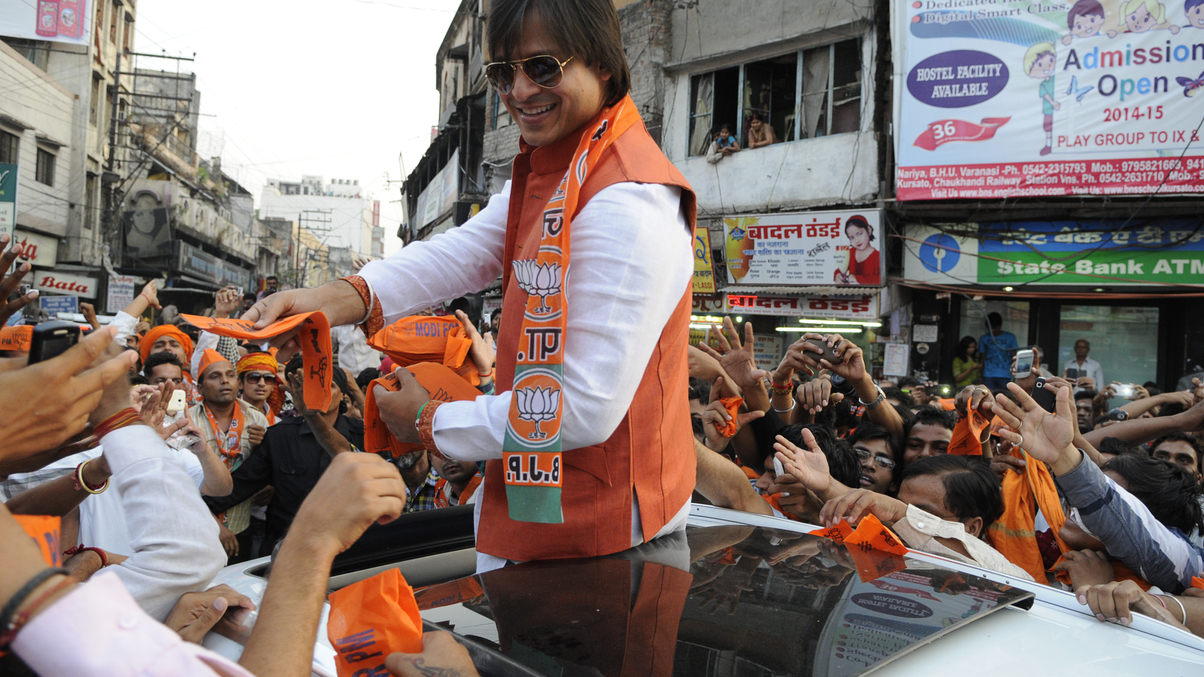The Bollywood star who launched a family office
Vivek Anand Oberoi, Bollywood actor and chair of Oberoi Family Office, reveals the principles guiding his Indian private equity investment business.

Vivek Anand Oberoi, Bollywood actor and chair of Oberoi Family Office, which he started 9 years ago, divides his family investments into two camps: “steady and sexy”.
Sign in to read on!
Registered users get 2 free articles in 30 days.
Subscribers have full unlimited access to AsianInvestor
Not signed up? New users get 2 free articles per month, plus a 7-day unlimited free trial.
¬ Haymarket Media Limited. All rights reserved.


